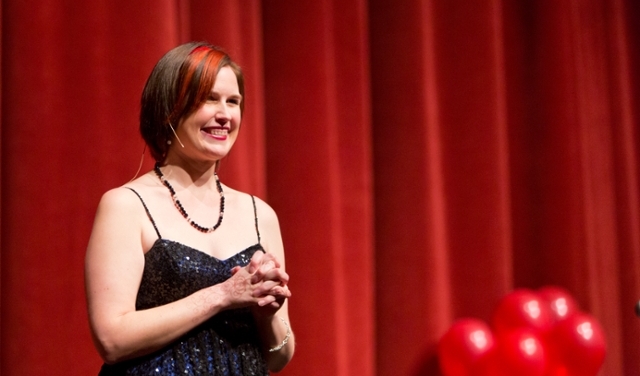Page 246 • (4,658 results in 0.035 seconds)
-
Mission StatementWhat is studying history all about at PLU? Traditionally, the discipline of history has focused on the critical analysis of text-based evidence from the past and seeks a detailed, complex understanding of individual and collective human behaviors as they have changed over time. PLU students of history develop lifelong habits of critical thinking, inquiry-based reading of texts, effective research and technical skills, and the appreciation of complexity and diversity in human
-
Federal regulations for the protection of human subjects (45 CFR Part 46, known as the Common Rule) have been updated for the first time since 1991. Changes went into effect on January 21, 2019. These changes are required only for new federally funded research. We have more latitude in implementing the new regulations for non-federally-funded projects, which make up the vast majority of research projects at PLU. Because we already initiated major changes to the HPRB website, templates, and
-
Quick Facts Why PLU? PLU provides the context and the opportunity for hands-on work and thoughtful consideration of psychology in the liberal arts and the sciences. Because of the faculty’s commitment to collaborative work with the students, they know the majors as individuals. Students and faculty work together as colleagues on research projects, community activities and internships. Why Psychology at PLU? The psychology department’s mission is to foster a community of scholars committed to
-
Development Boot Camp LATEST POSTS USM School of Polymer Science and Engineering October 2, 2024 ACS Diversity, Inclusion, Equity, and Respect (DEIR) Scholarship May 7, 2024 Environmental Lab Scientist in Training May 2, 2024 The Priscilla Carney Jones Scholarship April 18, 2024
-
speaker Paul B. Thompson, Ph.D., of Michigan State University. Thompson, who holds the W.K. Kellogg Chair in Agricultural Food and Community Ethics at Michigan State University and published several works on the environmental and social significance of agriculture, will discuss three key problems in food ethics: the ethics of global hunger; the ethics of food consumption as it relates to personal and public health; and the ethical underpinnings of “the food movement” and its attraction to local and
-

improve both the story and my abilities as a writer.” Cress marks the completion of her third novel, with a fourth book scheduled for release in 2014. This event is presented by the Department of English and the Division of Humanities. Read Previous Take Back the Night at PLU Read Next PLU Alumni Embark on a Central American Adventure of Environmental Education COMMENTS*Note: All comments are moderated If the comments don't appear for you, you might have ad blocker enabled or are currently browsing in
-

p.m. The latest information is available at plu.edu/commencement. Read Previous PLU Senior Elana Tracy on her (three!) study away experiences, learning during COVID, and plans for graduate school Read Next John Evanishyn ‘21 studied environmental science on campus—and in France and Costa Rica—during his four years at PLU COMMENTS*Note: All comments are moderated If the comments don't appear for you, you might have ad blocker enabled or are currently browsing in a "private" window. LATEST POSTS A
-
See the Value of a Specialized Criminal Justice System? Warren Neely Variation in Attitudes Towards Criminal Offenders and Punishment Madeleine Willard-Herr Understanding the Aspects of Family and Peer Relationships That Impact Adolescent Deliquency Capstone Presentations 2 10:30 a.m. - 11:15 a.m.Anderson University Center, #213Values and ExpectationsCourtney BoogardCorinne LythgoeMitch PerantieCourtney Boogard Superheroes and Attitudes Towards Accountability Corinne Lythgoe Environmental Studies
-
about primary sources related to the course topic or theme. Hands-on activities in which students observe, analyze, and interpret primary sources. Semester-long collaborations in which students use Archives and Special Collections holdings in support of research and public history projects. Preparatory sessions that introduce students to primary source research. Interactive workshops for local K-12 students engaged in National History Day research projects. Instruction sessions for student and
-
. For students completing the B.S. degree, PSYC 499 serves as an advanced course providing students the opportunity to design and conduct ongoing research and review current research in psychology. It is directed toward helping students perform research studies that may be suitable for submission to journals or presentations at conferences. To maximize the effectiveness of the course, students are encouraged to give advance consideration to areas and designs for possible research. For psychology
Do you have any feedback for us? If so, feel free to use our Feedback Form.


